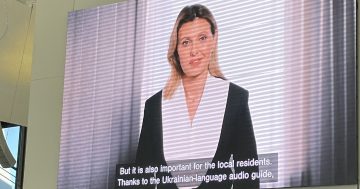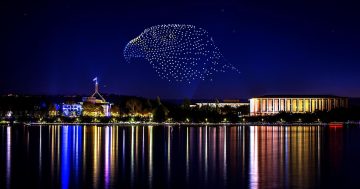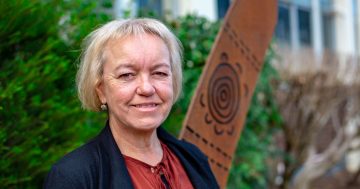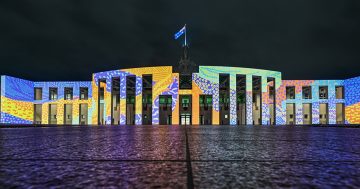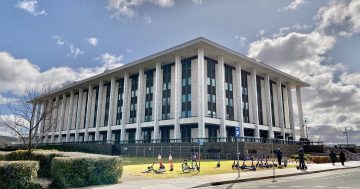
Ngunnawal elder and AIATSIS people services director Jude Barlow is playing her part in the effort to make Ngunnawal a living language. Photo: Supplied.
If you live in Canberra, chances are you know or have heard the Ngunnawal word ”yuma”, meaning ”hello”. But do you know where it originated?
The answer lies in the work of two groups, the Australian Institute of Aboriginal and Torres Strait Islander Studies (AIATSIS) and the Winanggaay Ngunnawal Language Aboriginal Corporation.
Ngunnawal elder and AIATSIS people services director Jude Barlow explains the two groups have been working hand-in-hand since about 2017 to make Ngunnawal a “living language”.
“That means that we have to come up with new words by searching old words and putting them together to create something like a Ngunnawal word for ‘computer’,” she said.
“So it actually becomes a living language that can be used in everyday parlance and so it’s no longer a sleeping language, but very much wide awake.”
The work began in 2017-18 when AIATSIS assigned a linguist to create a grammatical description of the Ngunnawal language, which involved bringing representatives of every Ngunnawal family together. In the five years since, Jude says the language has been transformed from a smattering of random words to a collection of new words, phrases and sentences. For example:
- Yuma, which translates to ”hello”. Derived from ”yumalundi”, meaning ”Hello and welcome”.
- Creating a welcome to Country and acknowledgement of country in Ngunnawal.
- ”Ngunnawalwari dhawurawari”, which translates to ”Ngunnawal country”.
- ”Winanggaay”, which translates to ”Look, listen and learn”.
“We’re not quite at the point where we’re able to have full conversations yet, but we’re getting very close, which is very exciting,” Jude said.
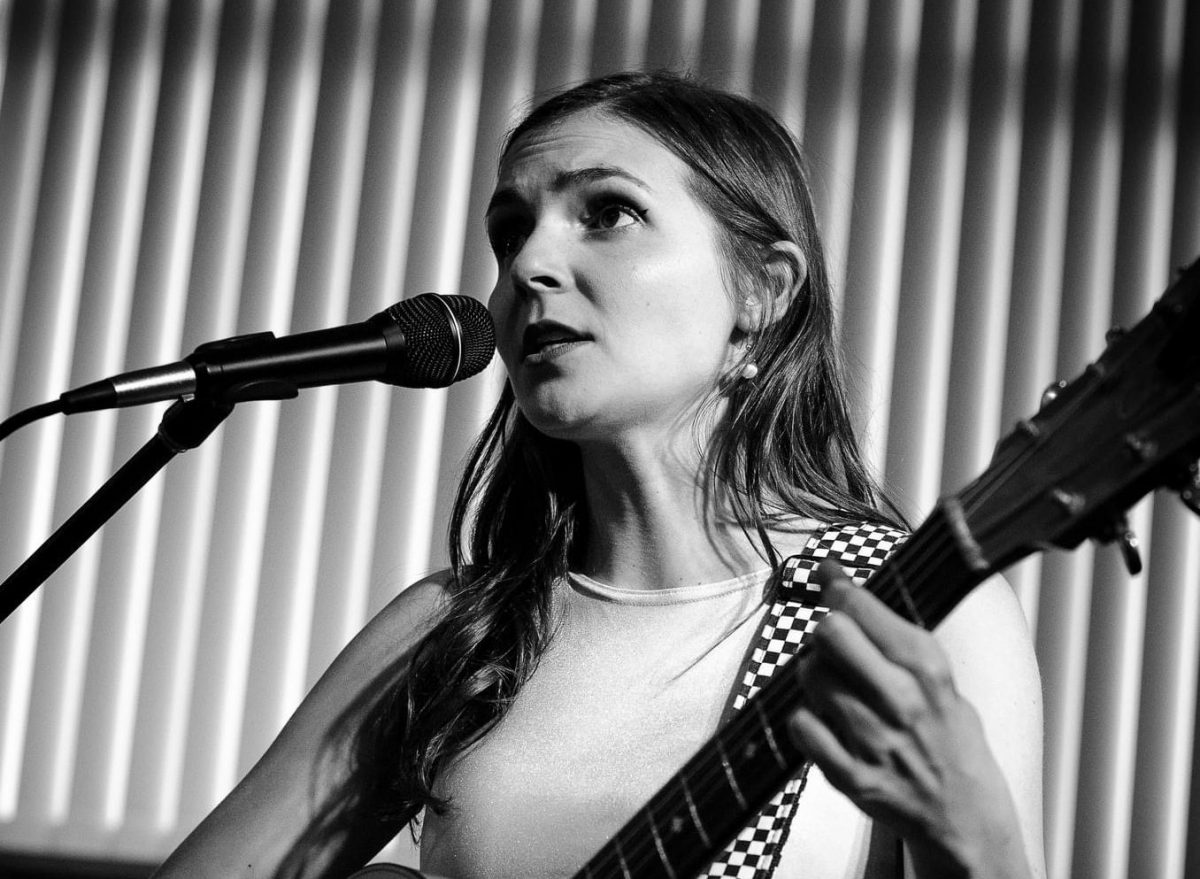
Canberra singer-songwriter, Ngunnawal woman and Jude’s daughter Alinta Barlow, sang the Ngunnawal translation of My Island Home at the 2022 National Folk Festival. Photo: Supplied.
As the language has grown, it’s been used to name satellites, hold classes for Ngunnawal school students and workshops for the wider community, and in the art and music of Ngunnawal people, including in the opening performance of the 2022 National Folk Festival, which featured a verse and chorus of My Island Home translated into Ngunnawal by the language working groups.
Moving forward, Jude said a Ngunnawal dictionary was in the works and she also hoped the language would one day be taught in Canberra schools in place of foreign languages.
But Jude said the priority of the groups’ work was for Ngunnawal people, including herself, to simply speak the language fluently to one another.
“I had this wonderful experience in language class one night where one of our senior elders, Aunty Lilly Bell, said a word in Ngunnawal,” she said.
“I had been removed as a child when I was about three and I came over just tingling and I looked at my daughter Alinta and I said, ‘I know that word. I remember that word.'”
Jude said learning the Ngunnawal language again, after many people in her own family had been forbidden to speak it by the Australian government for many decades, had helped her reconnect with her Country, her community, her ancestors, and ultimately her culture.
“It’s not just reviving a language, it’s also reviving a culture and it gives us a real sense of pride,” she said.












